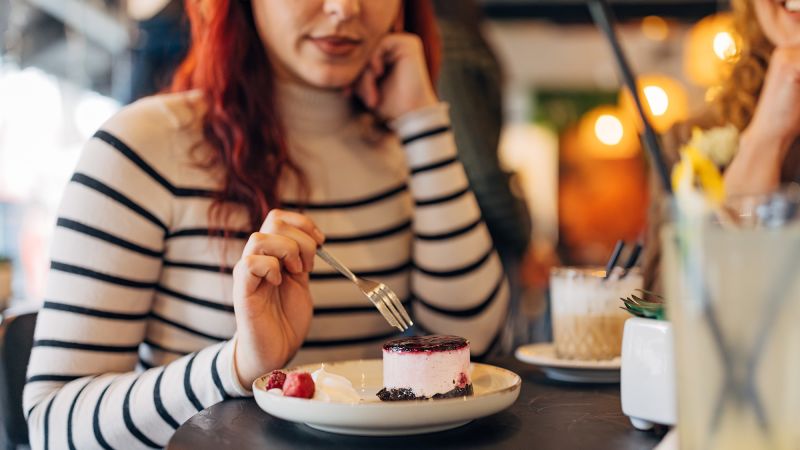Ngarrindjeri Elder Fears for Indigenous Man's Mental Health in SA's Top Security Prison
A respected Ngarrindjeri Elder, Uncle Major 'Moogy' Sumner, is voicing serious concerns about the wellbeing of an Indigenous man currently incarcerated in South Australia's highest-security prison. He fears the man is at risk of becoming “another death in custody,” fuelled by repeated reports of self-harm while detained.
The situation has sparked renewed calls for improved mental health support within the correctional system, particularly for Indigenous inmates who often face unique challenges and trauma. Uncle Moogy, a long-time advocate for Indigenous rights and wellbeing, believes the man's struggles highlight a systemic failure to adequately address the mental health needs of incarcerated Aboriginal people.
“We’ve seen it happen too many times,” Uncle Moogy stated. “A young fella, struggling with his mental health, ends up in a place like that, and it just spirals out of control. He’s not getting the support he needs, and we’re worried he’ll become another statistic.”
Details surrounding the man's identity and the specifics of his incarceration are being kept confidential to protect his privacy. However, sources close to the situation have confirmed that he has self-harmed on multiple occasions, prompting urgent intervention from prison authorities. The concerns extend beyond immediate safety, with Uncle Moogy emphasizing the long-term psychological impact of incarceration, especially within a high-security setting.
The Systemic Problem: Indigenous Incarceration and Mental Health
The case underscores a broader and deeply troubling issue within the Australian justice system: the disproportionately high rate of Indigenous incarceration and the lack of culturally appropriate mental health services for those who are incarcerated. Indigenous Australians are significantly overrepresented in prisons across the country, and studies consistently show that a large percentage of these individuals are grappling with mental health issues, substance abuse, and trauma stemming from intergenerational disadvantage and discrimination.
Experts argue that placing individuals with complex mental health needs into a prison environment, without adequate support and culturally sensitive care, can exacerbate their conditions and lead to tragic outcomes. The current system often focuses on punishment rather than rehabilitation, failing to address the underlying causes of offending behaviour.
Calls for Change: What Needs to Happen?
Uncle Moogy and other Indigenous leaders are calling for a fundamental shift in how the justice system approaches Indigenous offenders. This includes:
- Increased Funding for Mental Health Services: Significant investment in culturally appropriate mental health programs within prisons and in the community.
- Culturally Sensitive Care: Employing Aboriginal health workers and mental health professionals who understand the unique cultural backgrounds and experiences of Indigenous inmates.
- Diversion Programs: Expanding diversion programs that offer alternative pathways to justice for individuals with mental health issues, keeping them out of the prison system altogether.
- Addressing Systemic Racism: Tackling the underlying systemic racism and discrimination that contribute to the overrepresentation of Indigenous people in prisons.
The situation of this Indigenous man in South Australia serves as a stark reminder of the urgent need for reform. Failure to address these issues will likely result in more preventable tragedies and perpetuate the cycle of disadvantage and incarceration within Indigenous communities. Uncle Moogy's plea is a powerful call for compassion, understanding, and a commitment to creating a justice system that prioritizes the wellbeing of all its citizens, particularly those who are most vulnerable.





